10 Asian-American & Pacific Islander Movies and Shows to Watch for AAPI Month
In honor of Asian American and Pacific Islander Month, check out some of these movies and shows that convey the upbringing and culture of Asian Americans and Pacific Islanders!
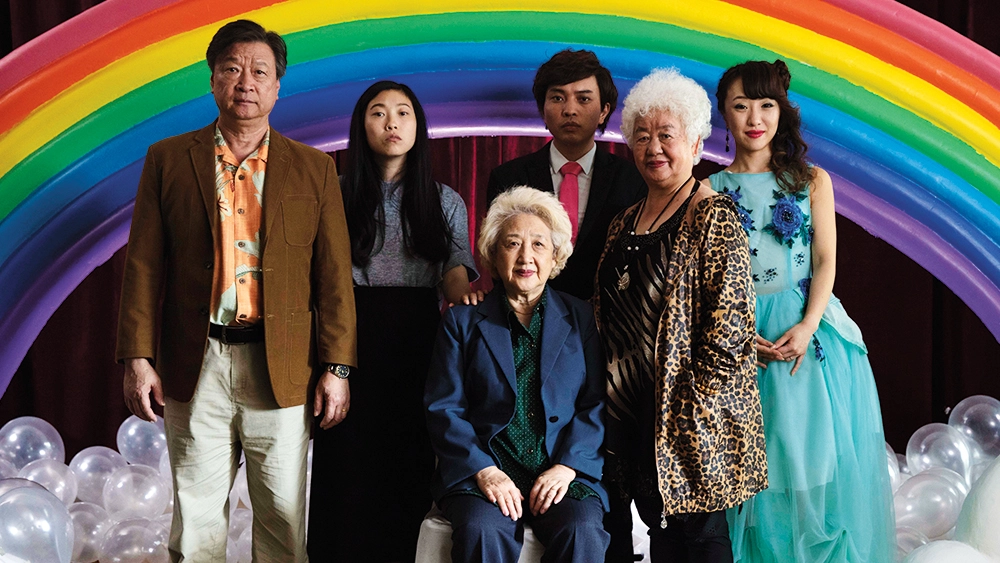
Spoiler Alert: This summary and review contains spoilers.
Additionally, some images and text may include affiliate links, meaning we may earn a commission or receive products if you make a purchase.
10 AAPI Movies & Shows to Watch for AAPI Month
In honor of Asian-American and Pacific Islander Month, here are a few movies and shows that convey the AAPI experience in America. From struggling with parents in “Turning Red” to fighting through multiverses in “Everything Everywhere All at Once,” this list compiles the elation and hurdles of when different Asian American cultures meet western culture. Media is just starting to spotlight more diverse stories and voices, and while this list doesn’t cover every Asian-American or Pacific Islander experience, there’s a recurring theme of resilience.
Okja
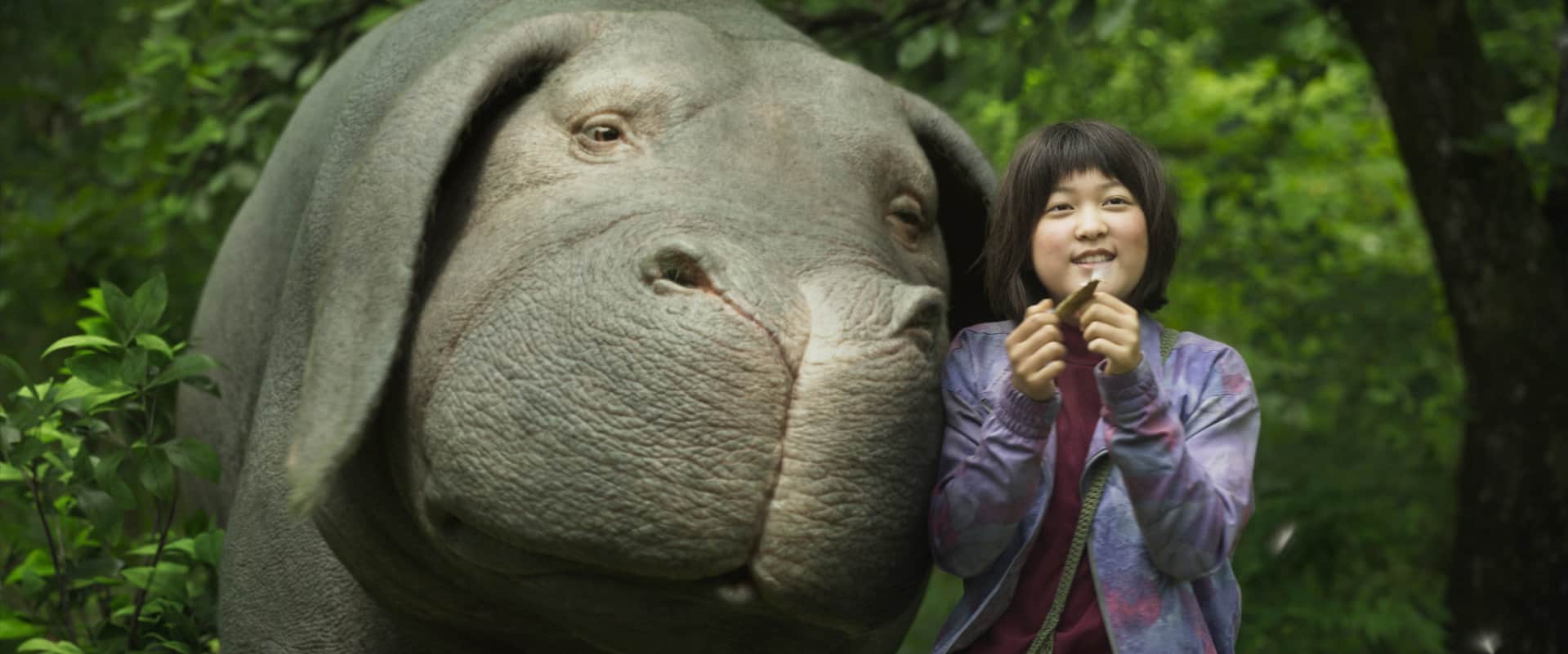
“Okja” is the sweet story of a young girl and her pet super pig. In South Korea, Mija has lived with her pet Okja all her life, but when Okja is abducted from her, she follows her pet to the U.S. to prevent Okja from being butchered and eaten. Written and directed by Bong Joon-Ho (Parasite and Snowpiercer), “Okja” is a high-stakes adventure that is a biting critique of capitalism, the media, and our food industry. The film shows what Western culture looks like to a young child from South Korea while offering a wholesome story about connecting with animals.
Everything Everywhere All At Once
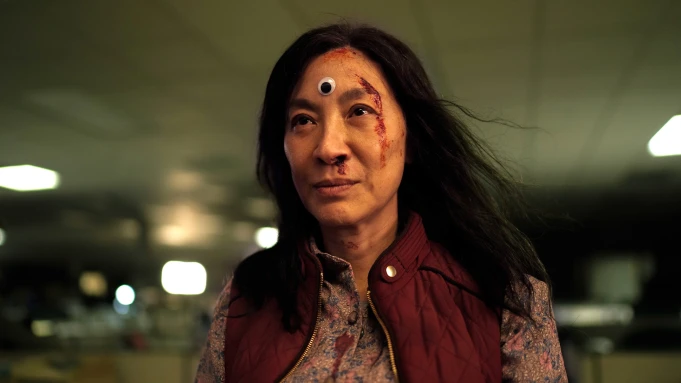
There’s a reason why “Everything Everywhere All at Once” earned the most box office cash yet for A24 while sweeping many film awards this year. The movie, led by Michelle Yeoh, is sympathetic, goofy, action-packed, heartbreaking, and at its core, depicts a Chinese-American family experiencing its own generational clash and trying to reconcile their differences. From people having hotdog fingers to talking raccoons, “Everything Everywhere All at Once” manages to pack in humor with a universal story about children and parents learning from each other.
Pen15
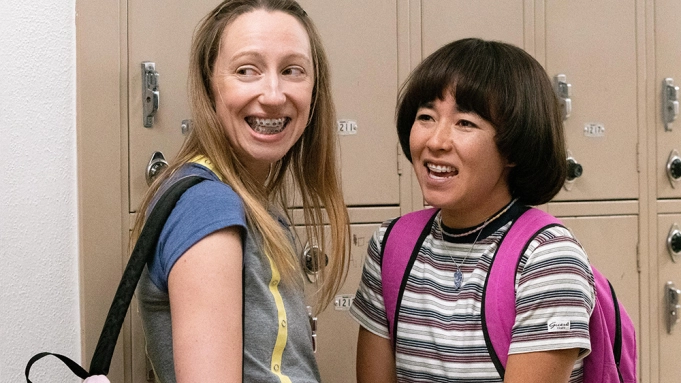
Hulu’s “Pen15” serves primarily as a comedy show detailing the painful awkwardness of puberty and life in middle school, but one of its main protagonists, Maya Ishii-Peters, provides a glimpse of what life is like in a Japanese household. Maya (played by Maya Erskine) is a Japanese-American 7th grader who eats differently, can speak differently, and looks different from her peers. While she finds solace and fun with her best friend Anna, “Pen15” conveys what grappling with being the “other” is like in society. “Pen15” is a hilarious yet unflinching examination of girlhood, puberty, culture, and life in the early 2000s.
Minari
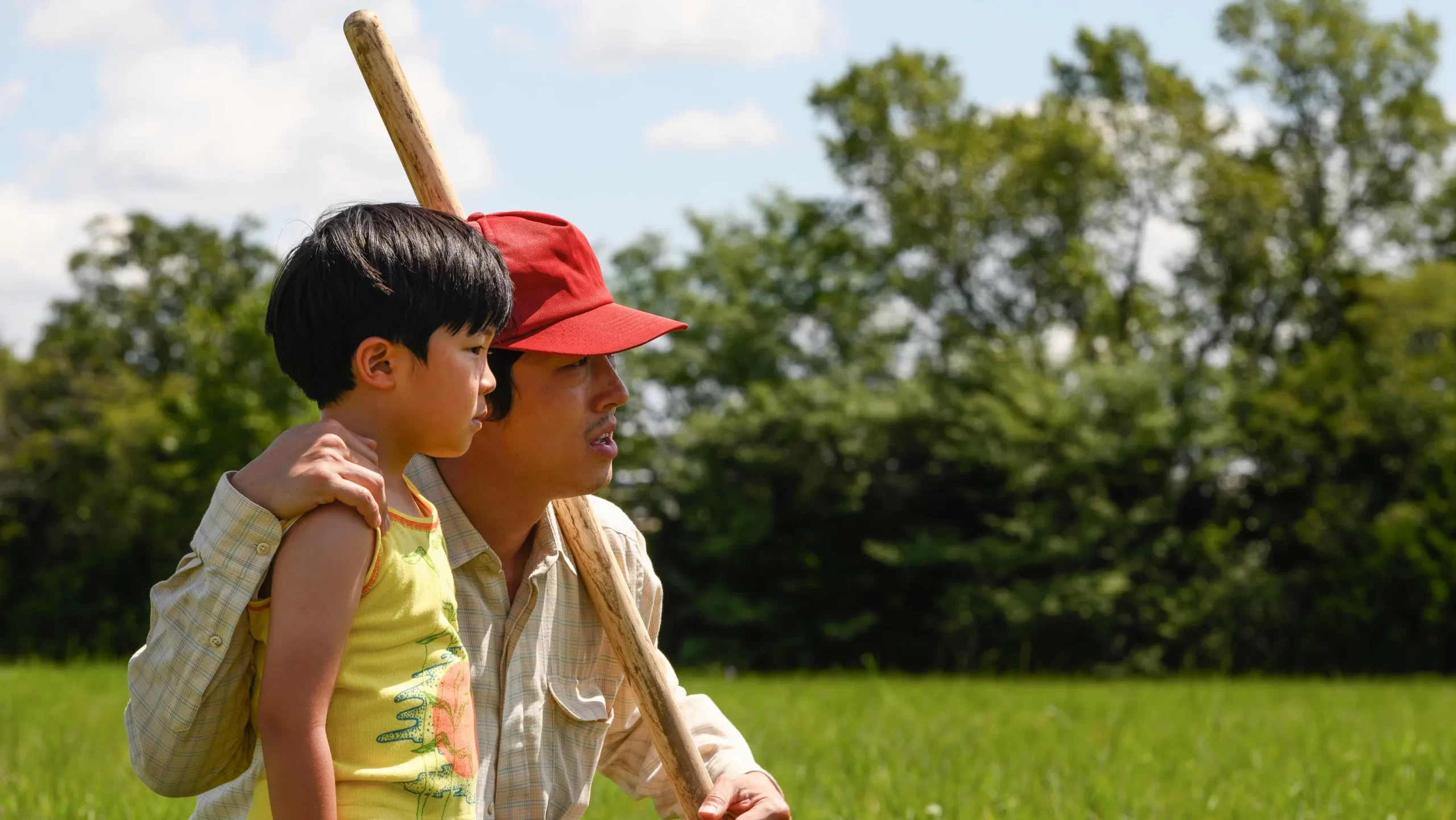
Lee Isaac Chung’s “Minari” shows a Korean family trying to achieve the American dream by risking their resources, culture, and love for each other. Husband and father Jacob Yi (played by Steven Yeun) buys a plot of land in Arkansas to grow Korean produce. Yet by uprooting his family to a new place unfamiliar with Korean culture and using all of the family’s finances to succeed with Jacob’s farming, tension immediately grows within the family. “Minari” conveys the struggles and isolation of an Asian immigrant family moving to the United States in an authentic way rarely seen in movies.
Beef
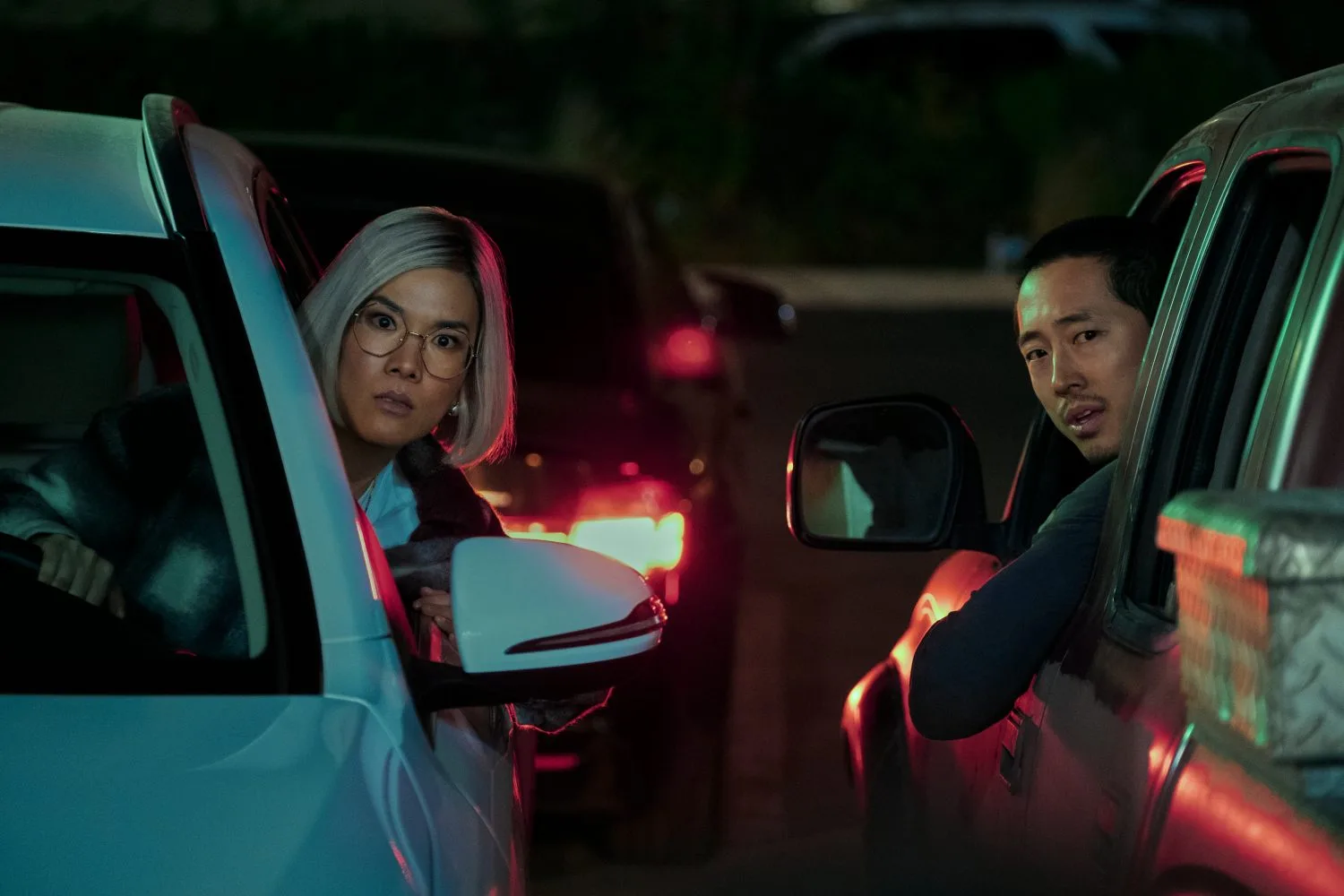
“Beef” premiered on Netflix to critical acclaim for its story about an escalating war between two strangers, yet the series was also a dark character study and a critique of the American Dream. The series has received praise for Lee Sung Jin’s absurdist writing and Steven Yeun and Ali Wong’s raw and riveting performances. While “Beef” may initially grab the viewer with sensational twists and cliffhangers, the story slowly reveals the painful and life-consuming journey to make your parents proud and succeed.
Danny (Steven Yeun) strives for a better life for his Korean parents, and Amy’s (Ali Wong) endless quest for financial wealth at the cost of her emotional well-being was something taught by her Chinese and Vietnamese dad and mom. “Beef” has entertained the masses and created internet buzz, but it’s especially relatable for Asian Americans in America.
Master of None
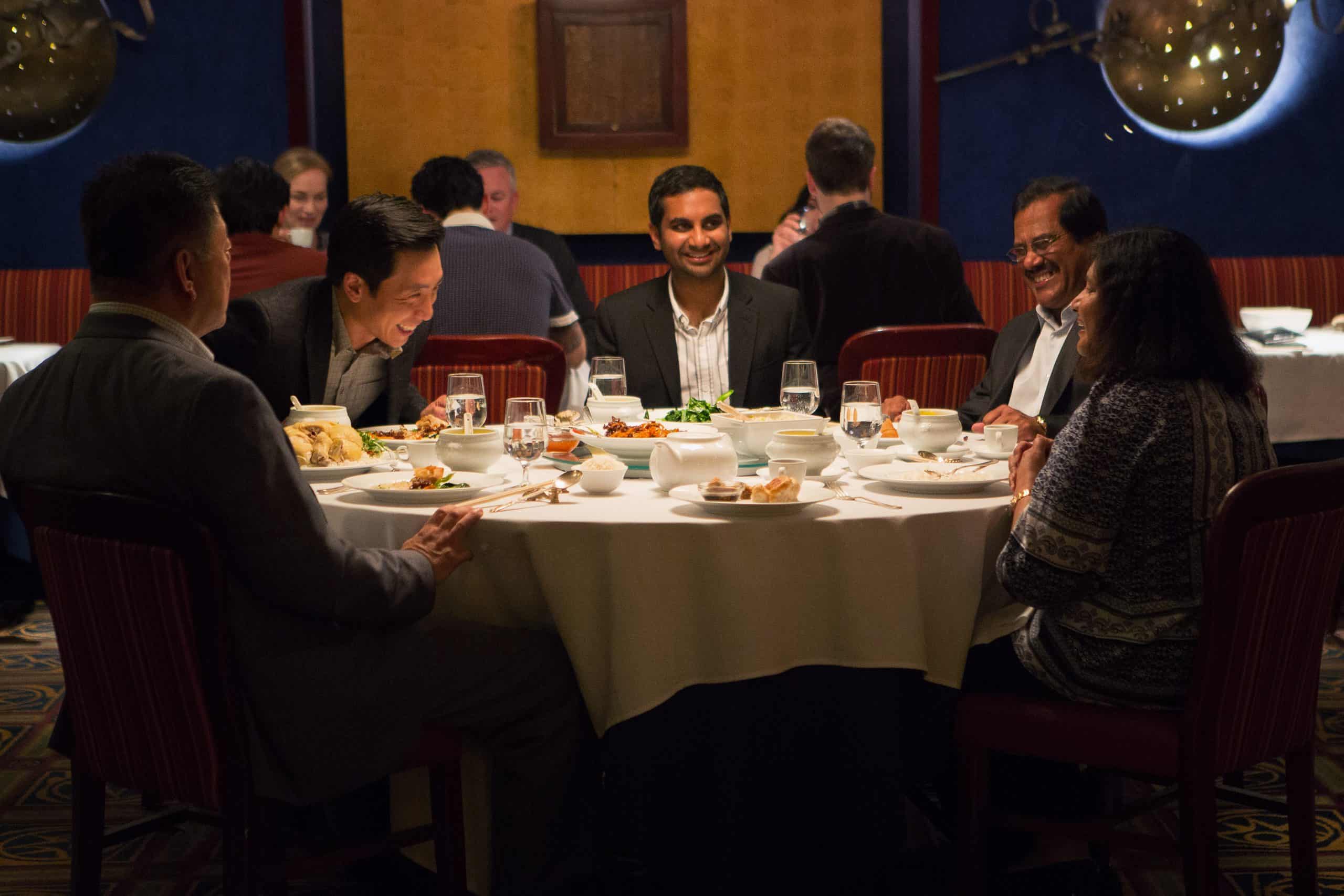
The first two seasons of “Master of None” primarily followed Indian-American Dev Shah’s romantic and professional pursuits around New York. The series, created by Aziz Ansari and Alan Yang, was also praised for its portrait of first-generation Americans and the cultural divides between them and their parents. First-season episodes like “Parents” and “Indians on TV” recognize the limited representation of Asian American stories and faces in media, particularly South Asian, and the sacrifices immigrant parents make.
Boy
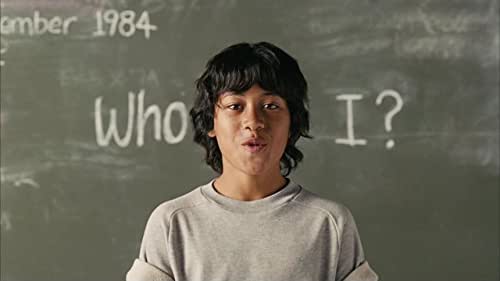
Taika Waititi’s “Boy” conveys life through the eyes of Boy, a Māori kid who is a huge fan of Michael Jackson and dreams of getting rich, helping his family, and moving to the city. While this Pacific Islander tale may not take place in America, it establishes America’s cultural influence on an international scale and brings special recognition to any child living on a small farm in the world. Waititi will go on to make Thor movies and “What We Do in the Shadows,” but his lesser-known “Boy” is an intimate tale of an indigenous upbringing.
Turning Red
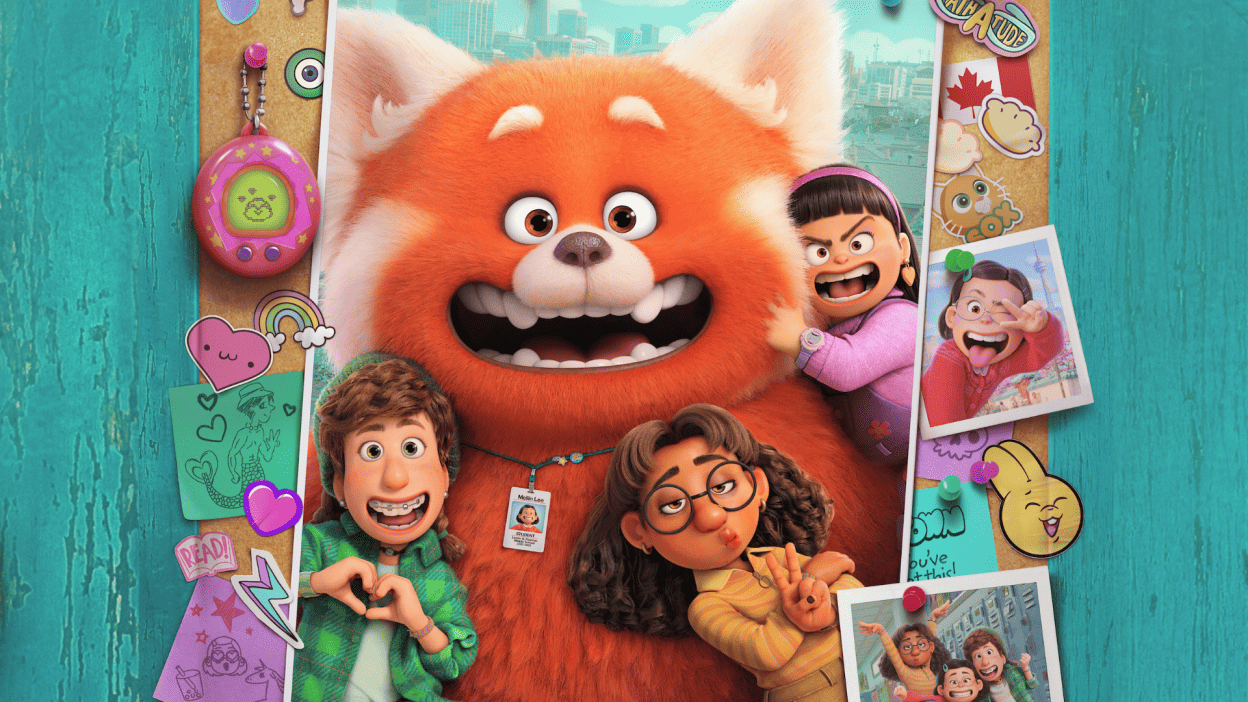
Pixar’s “Turning Red” serves as a poignant metaphor for puberty and explores Chinese upbringing in North America. The animated Pixar fantasy takes place in Canada circa 2002, but anyone who was a teen could identify with protagonist Mei Lee’s horror at her uncontrollable emotions.
What separates “Turning Red” from other young adult stories is its inseparable inclusion of Lee’s Chinese past. Lee turns into a giant red panda due to a hereditary curse, symbolizing an intricate mix of culture and commentary on generational trauma while providing a cute fuzzy bear.
Harold and Kumar Go to White Castle
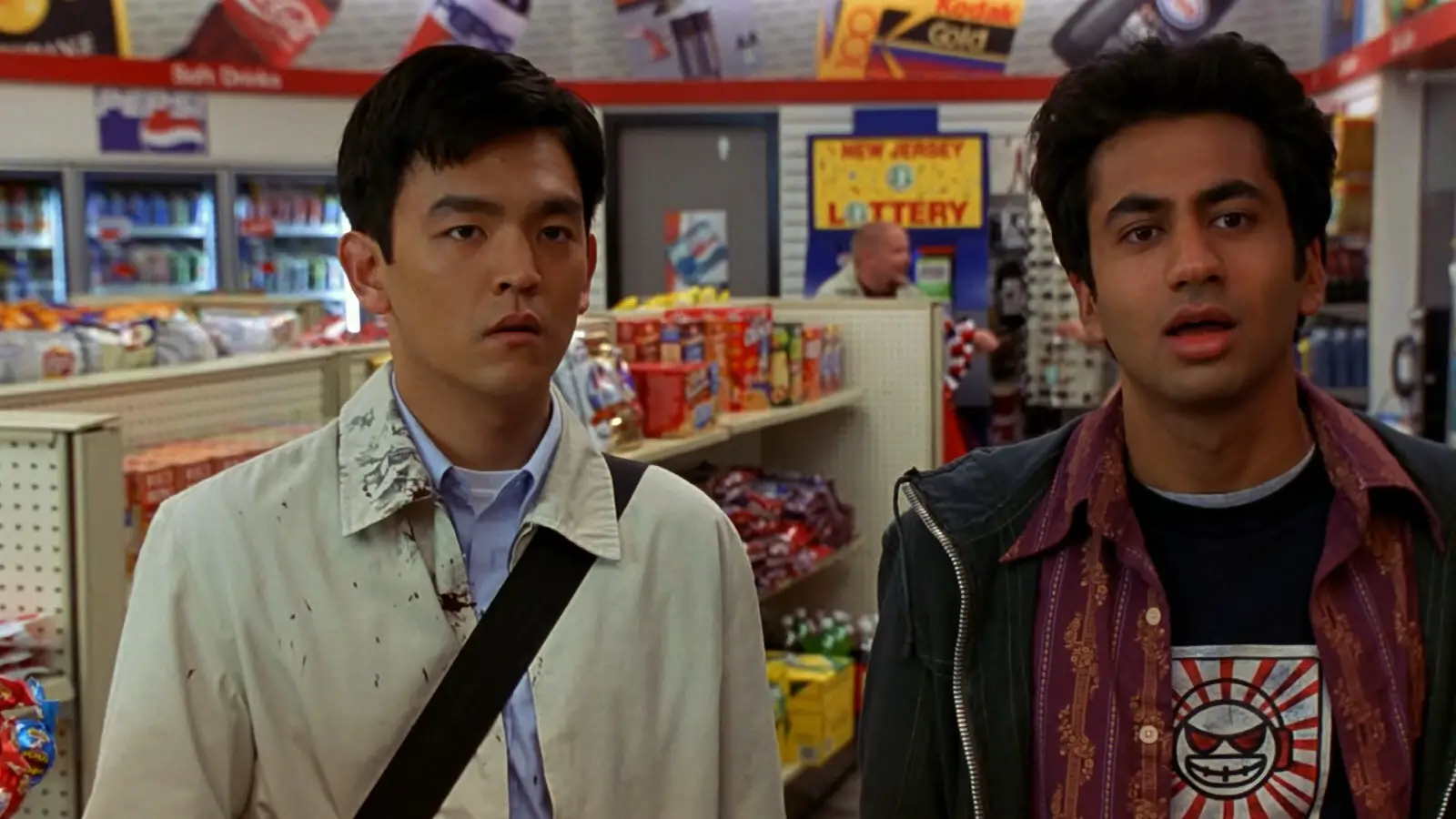
Some may roll their eyes or frown at this pick, but “Harold and Kumar Go to White Castle” is equally a stoner flick and a liberating tale for Asian American men. John Cho and Kal Pen made history as Asian stars of a comedy franchise that included their ethnicity within the story rather than mocking it. In fact, Harold and Kumar would mock those who mocked them and bring conscious commentary to stereotypes. In 2004, “Harold and Kumar Go to White Castle” conveyed some of the familiar pressure to succeed as a 2nd-generation Asian American in the U.S. and an outrageous quest for burgers.
The Farewell
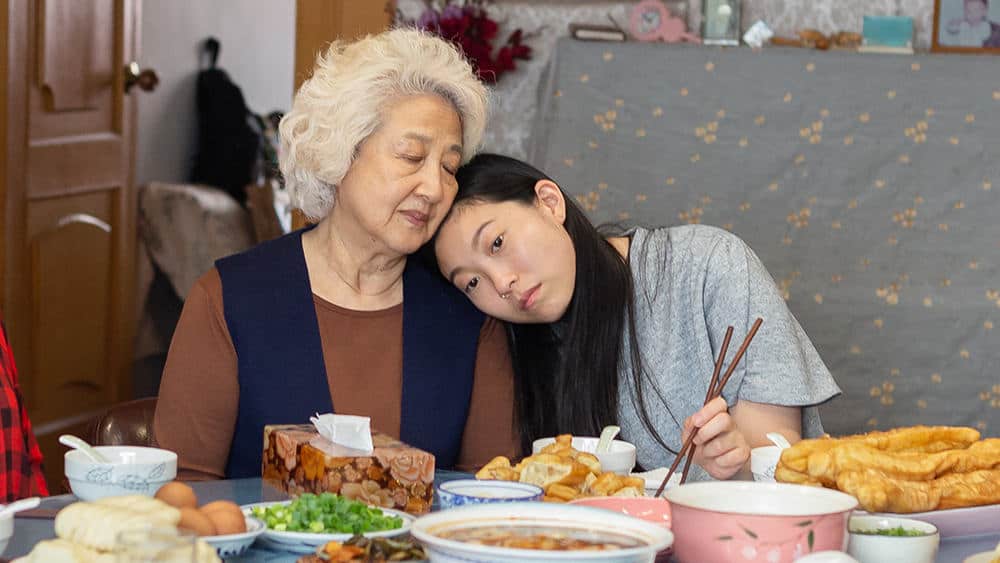
Awkwafina plays aspiring Chinese-American writer Billi, who has a close relationship with her grandmother. After the rest of Billi’s family discovers the grandmother is dying, they choose to keep it a secret from the grandmother, and Billi is forced to also carry this burden. “The Farewell” is funny in its tragedy and heartbreaking in its laughter. Filmmaker Lulu Wang and Awkwafina’s attention to detail elevates the cultural shock and existential dilemma for a young Chinese-American woman visiting China to secretly say goodbye to someone she loves.
TV Shows We’re Covering This Season
Images used for editorial and commentary purposes. All rights remain with their respective copyright holders.


